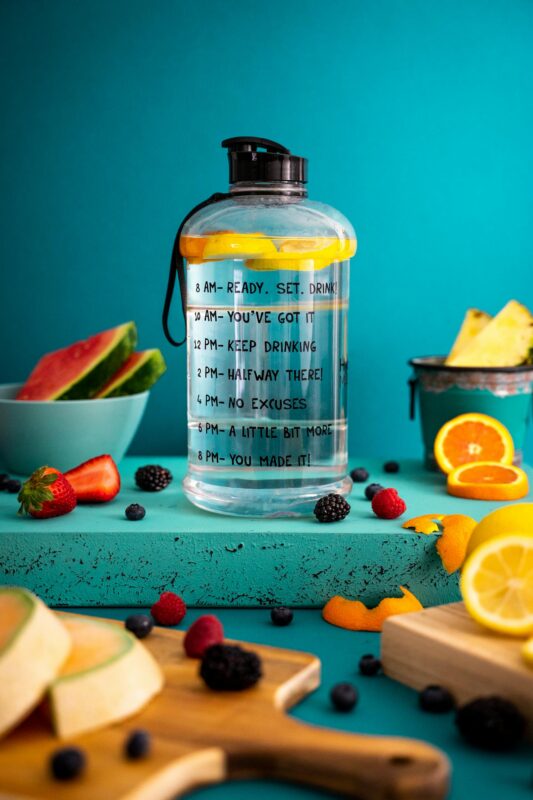Hydration and Skin Health: What You Need to Know

Hydration and Skin Health: What You Need to Know
Hydration is one of the most important factors in maintaining healthy, glowing skin. While skincare products like moisturizers and serums play a role, true skin health starts from within. Proper hydration ensures your skin stays plump, resilient, and free from issues like dryness and premature aging. Here’s a guide to understanding the connection between hydration and skin health, and how you can achieve it.
Why Hydration Matters for Your Skin
Your skin is made up of cells that require water to function properly. When your skin is well-hydrated:
-
It looks smooth and radiant.
-
It maintains elasticity, helping to prevent fine lines and wrinkles.
-
It can better protect against environmental damage.
-
It’s less prone to irritation and dryness.
On the other hand, dehydration can lead to a dull complexion, flakiness, and increased sensitivity.
How to Hydrate Your Skin from Within
Hydration starts with what you put into your body. Drinking water is the most straightforward way to keep your skin hydrated, but there are additional strategies to consider:
-
Drink Enough Water: Aim for at least 8-10 glasses of water daily, and increase your intake in hot or dry climates.
-
Eat Hydrating Foods: Include water-rich foods like cucumbers, watermelon, oranges, and leafy greens in your diet.
-
Support Your Skin with Electrolytes: Electrolytes like potassium and sodium help your body retain water and keep your skin hydrated.
Recommended Supplement: Consider a product with electrolytes to support hydration, especially if you lead an active lifestyle or live in a hot climate.
Topical Hydration: The Role of Skincare Products
While internal hydration is crucial, using the right topical products can lock in moisture and enhance your skin’s hydration levels.
-
Moisturizers: Look for products with humectants like hyaluronic acid or glycerin, which draw moisture into the skin.
-
Serums: A serum with niacinamide or panthenol can help reinforce your skin barrier and prevent moisture loss.
-
Oils: Natural oils like jojoba or argan oil seal in hydration and prevent water from evaporating.
Tip: Apply these products immediately after cleansing to lock in the moisture your skin absorbs from water.
Avoid Dehydration Triggers
Certain habits and environmental factors can strip your skin of moisture, making it harder to stay hydrated:
-
Limit Hot Showers: Hot water can strip your skin of its natural oils, leading to dryness. Opt for lukewarm water instead.
-
Avoid Overwashing: Washing your face too frequently can disrupt your skin barrier and lead to moisture loss.
-
Use a Humidifier: In dry climates or during colder months, a humidifier can add moisture to the air, preventing your skin from becoming parched.
Hydrating Supplements for Skin Health
Supplements can complement your hydration efforts, especially if your diet or lifestyle falls short:
-
Hyaluronic Acid: This molecule helps retain water in your skin, improving elasticity and hydration levels.
-
Collagen: Supports skin hydration and elasticity while promoting a youthful appearance.
-
Vitamin E: Acts as an antioxidant and helps the skin retain moisture.
Recommended Supplement: Choose a product with hyaluronic acid and collagen for added hydration and skin health benefits.
Signs You May Need More Hydration
If your skin is dehydrated, you may notice:
-
Dullness or lack of glow.
-
Increased fine lines or a “tight” feeling.
-
Flakiness or dry patches.

